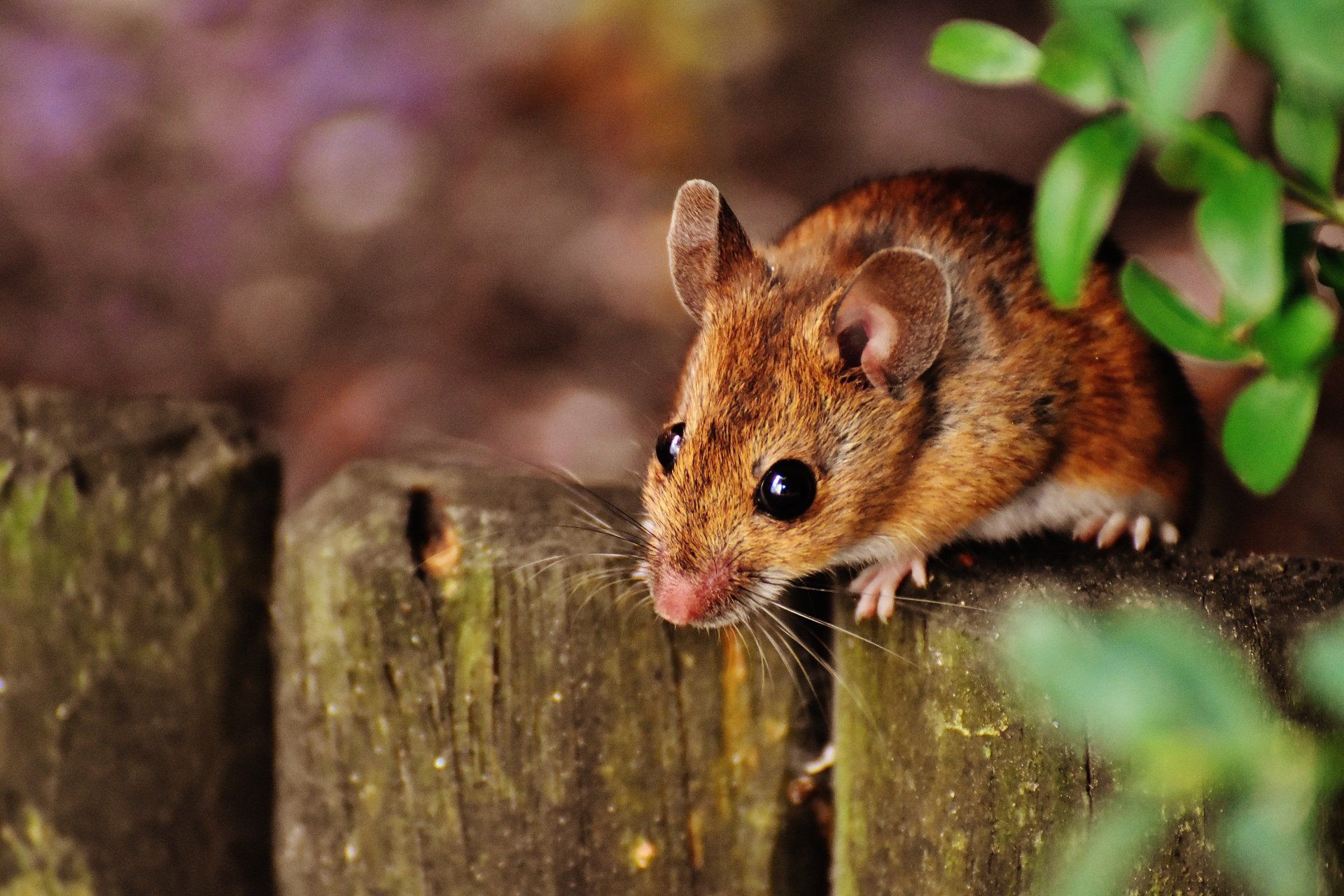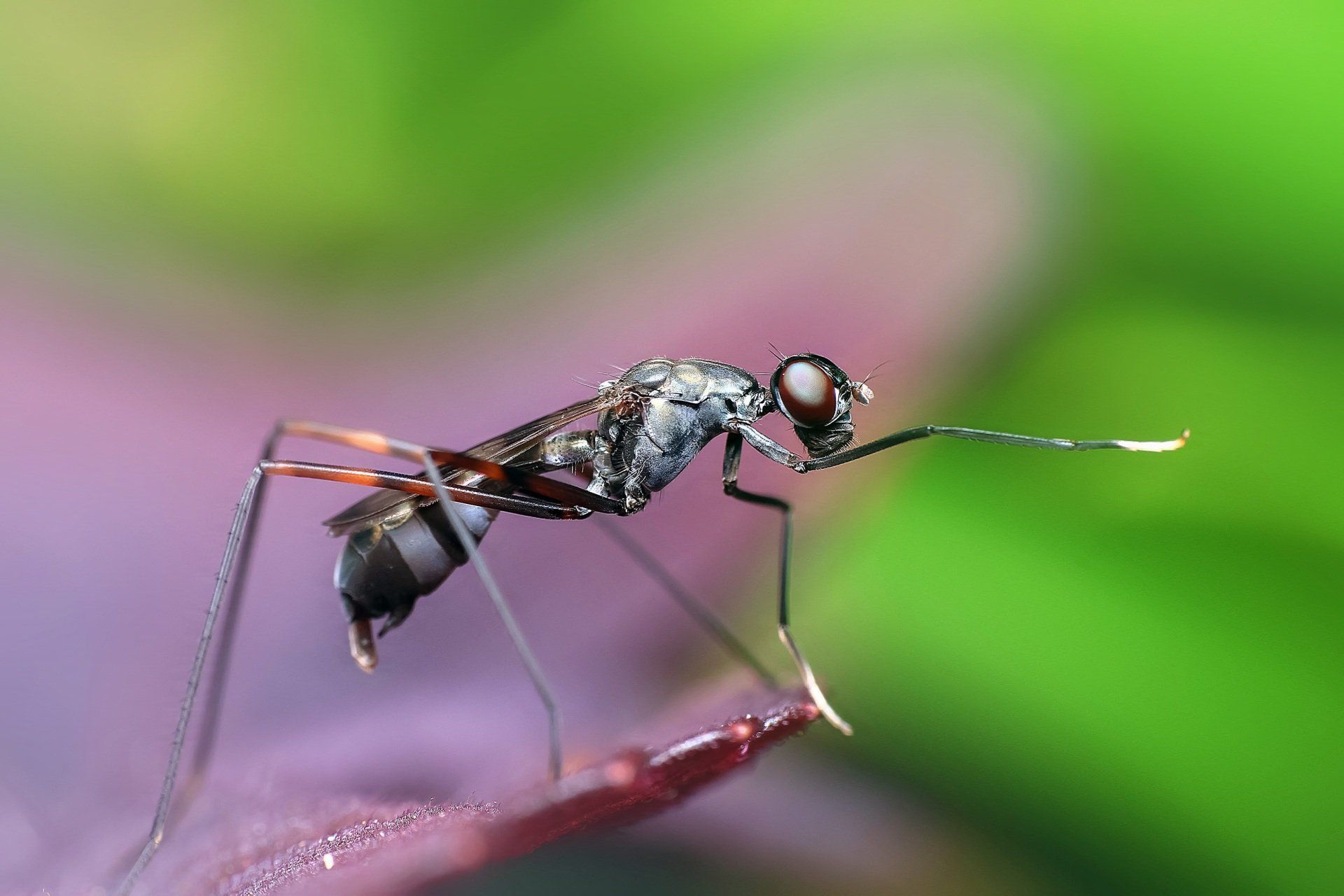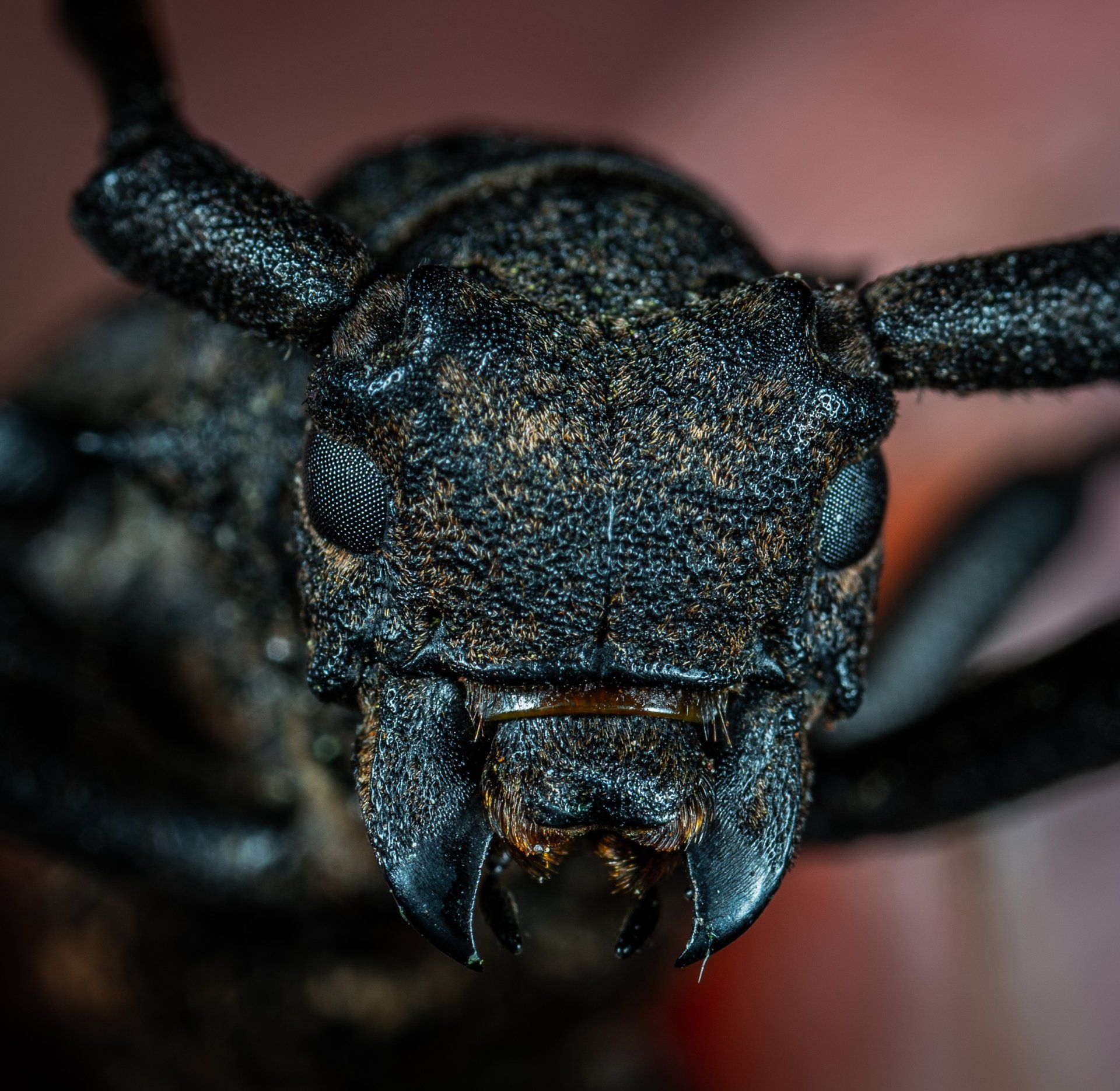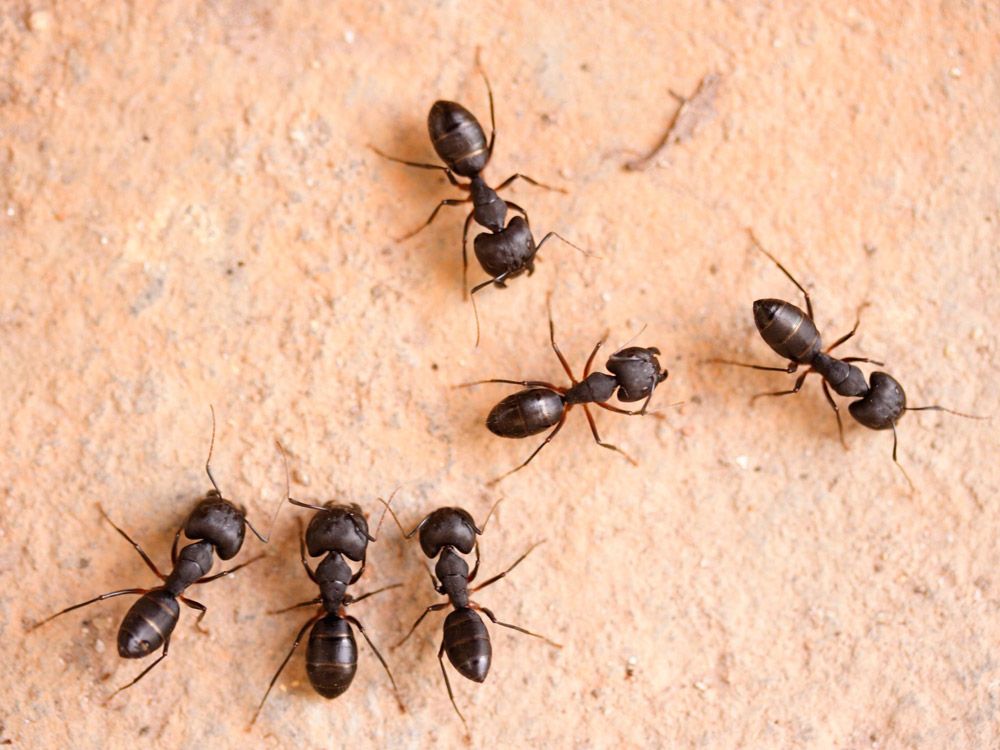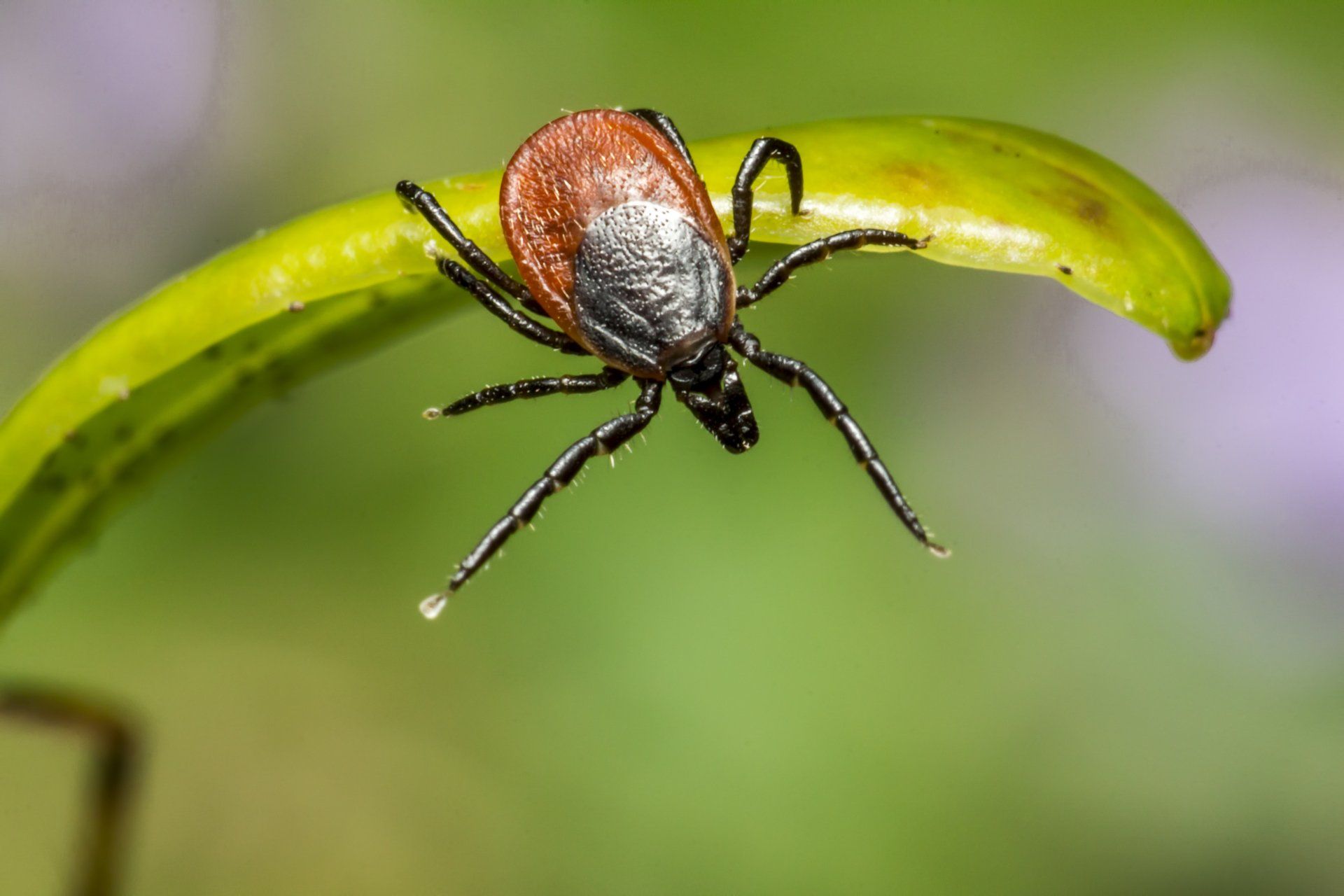Earwigs in the House: Are Earwigs Dangerous?
Should you worry about earwigs? This helpful guide explains it all.
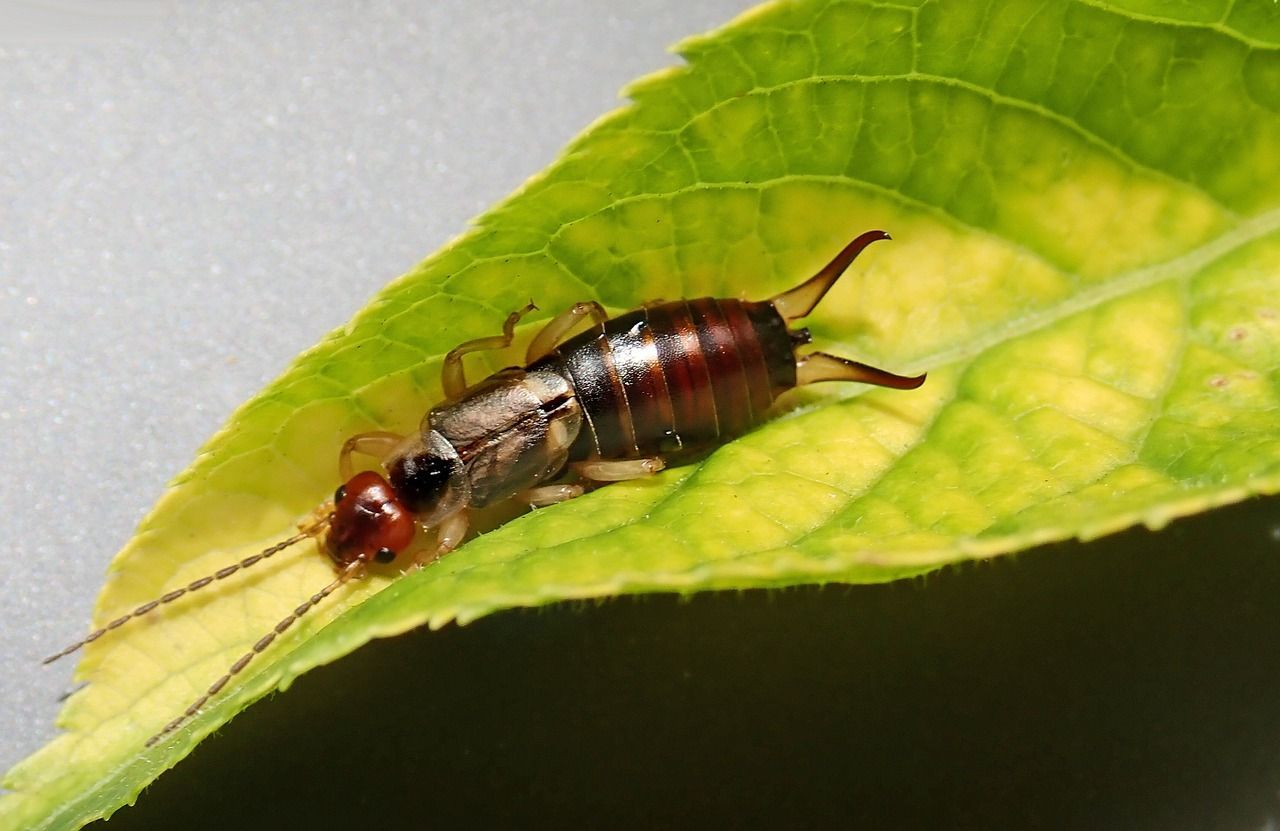
The United States is home to more than 20 different species of earwigs, and the vast majority live in New Jersey. Luckily, you’ll commonly find that earwigs are only problematic during the summer.
You can look for earwigs in your garden, inspecting plants at night with a flashlight to see if they’re the source of your infestation. They don’t carry any diseases, which means they won’t spread germs or bacteria, but they can turn your garden into their own personal buffet.
But what repels earwigs? For starters, they don’t like the smell of cinnamon, basil, and peppermint. These herbs and spices work as natural earwig repellents, keeping these pesky bugs away from your plants.
If you have an earwig infestation in the house, however, you need
professional pest removal services to inspect your home and to look for (and seal) entry points. Until then, it’s important to understand earwigs in the house and their characteristics.
What Are Earwigs?
If you’ve ever seen an oblong-shaped bug with large pincers on the end, then you’ve seen an earwig. These bugs are dark brownish-red and come out at night. They’re omnivores, so you’ll see them eating everything from other insects to pollen and plants.
Where there’s one earwig, there are usually many, as they live in large groups. You’ll commonly find them in dark, cool places. They don’t usually fly, although some have yellowish wings.
Outside, you’ll find earwigs in leaf piles or grass clippings, as they love moisture and humidity. They also thrive on rotted wood. You may see them nibbling in your vegetable garden, eating the leaves and stems from your plants. They may also leave holes in your fruits and veggies.
Are Earwigs Dangerous?
If you’re wondering how to get rid of earwigs in the house, you may be doing so because you think they’re dangerous, thanks to their large pincers. Luckily, earwigs don’t bite. They can, however, pinch you, but it shouldn’t hurt. They’re not poisonous and don’t have any venom in their pincers.
The biggest threat an earwig poses is that they’re often annoying, coming indoors from any crack or crevice they can find. They won’t harm or damage your home or eat your food. However, if you have earwigs, you may have a larger issue that requires
professional pest removal services. Earwigs may be entering your home through holes created by rodents.
If you suddenly see a spike in your home’s earwig population, it’s important to speak to a professional, ensuring harmful pests aren’t causing hidden issues.
How Do You Keep Earwigs Away?
You can try several things at home. For starters, if you have leaf piles, remove them. It’s best to keep the areas around your home as clean as possible.
This means also removing excess vegetation and wood piles. If you use mulch in your landscaping, keep it upwards of a foot from the foundation of your home. If you have any trees or shrubs close to your home,
keep them trimmed. The fewer shady, damp areas close to your home, the better.
Earwigs in the House
If you have earwigs in the house, remember that they won’t hurt you — they’re more of an ornamental nuisance that may signal a larger issue with other pests. They can, however, eat your garden.
Should you be experiencing an earwig infestation,
Contact Serene Property Services today. We can help you remove any pest from your home and garden. We service all of Sussex County, NJ, along with Warwick, NY.
We will get back to you as soon as possible
Please try again later
About Us
Contact Info

